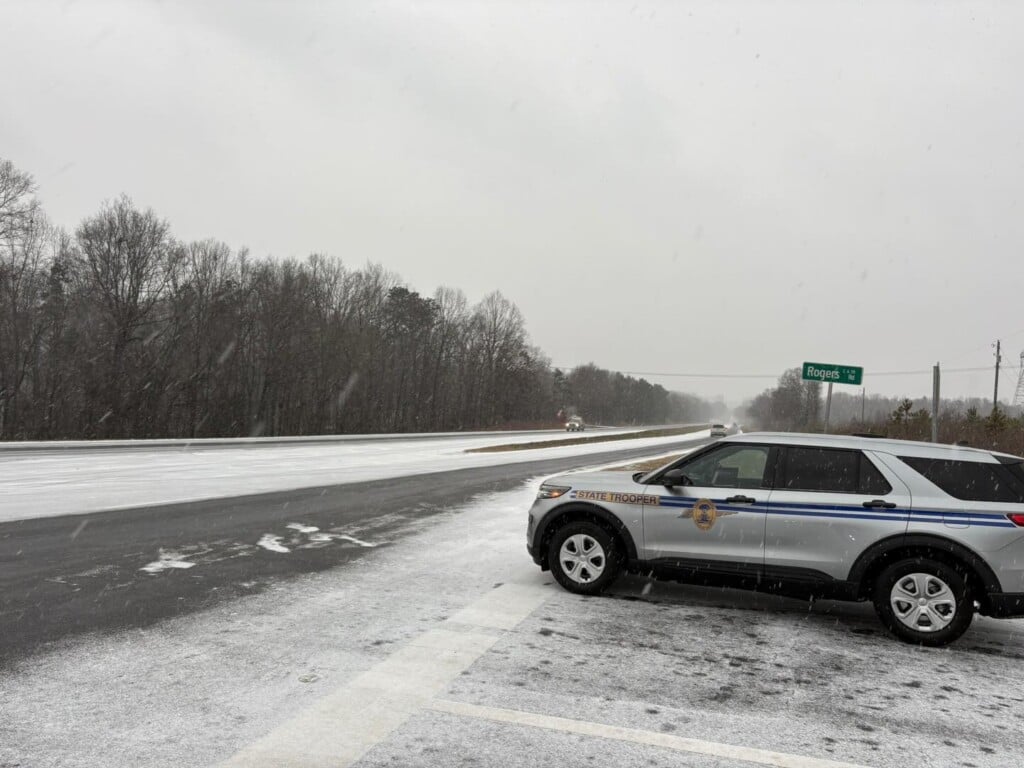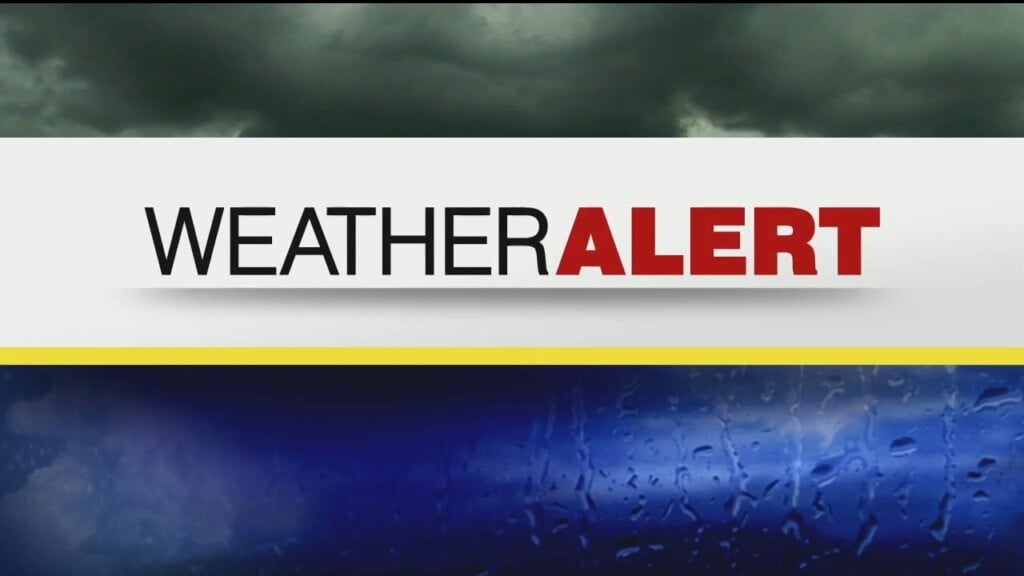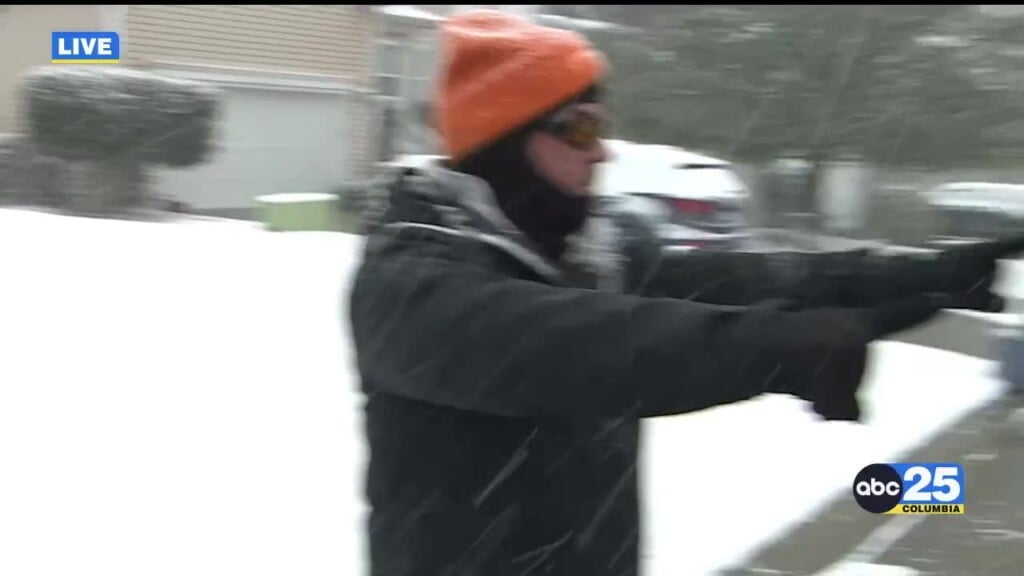Preparing for your summer hiking expedition — local doctor gives safety tips on emergency prevention
COLUMBIA, SC (WOLO) — If you head outdoors for a hiking expedition or summertime adventure, doctors say preparing for your trip is key, because the last place you want to end up is in the emergency room.
Dr. Stanley Hassinger, the Director of Prisma Health of the Midlands’s Wilderness Medicine Program, says having a discussion with your hiking buddies regarding comfort levels and medical conditions within the group is a great place to start.
“I think having a realistic discussion ahead of the event about what is this going to involve and are we all comfortable with this, allows people to make their own decision about what is right for them,” he says.
Navigation and communication should be taken into account as well.
“Things like, knowing the terrain, and knowing what your anticipated route is gonna be, having access to maps, compass, GPS, those kinds of technologies, and knowing how to use them. And so it’s not just enough to have them, but practicing ahead of time and knowing how you’ll use it if you’re in a situation where you’ll need it, is really important,” says Dr. Hassinger.
And though taking your cell phone is a crucial safety device to have with you, cell coverage isn’t guaranteed. So many trails allow hikers to register their route and approximate start and end time.
“But I would go one step further and saying, even beyond registering officially, telling your family friends or other acquaintances what you’re doing, where you’re going, what car you’ll be leaving in at a trail head for example; what you’re wearing, because it can really save your life and it has in so many examples,” he says.
Folks should always prepare to be out longer than expected, because unanticipated events may arise.
He urges hikers to tailor taking extra items to your groups needs, including an emergency kit, flashlight, extra food and water, layers of clothing, and medical items.
“Maybe that comes down to something like an epi-pen for a particular individual who has an allergy, or a particular medication someone may need and just thinking ahead, we don’t anticipate being here that long, but if this trip ends up being extended accidentally we may need that,” he says.
And finally, he recommends taking CPR and “Stop the Bleed” classes to help someone in the event of an emergency.


